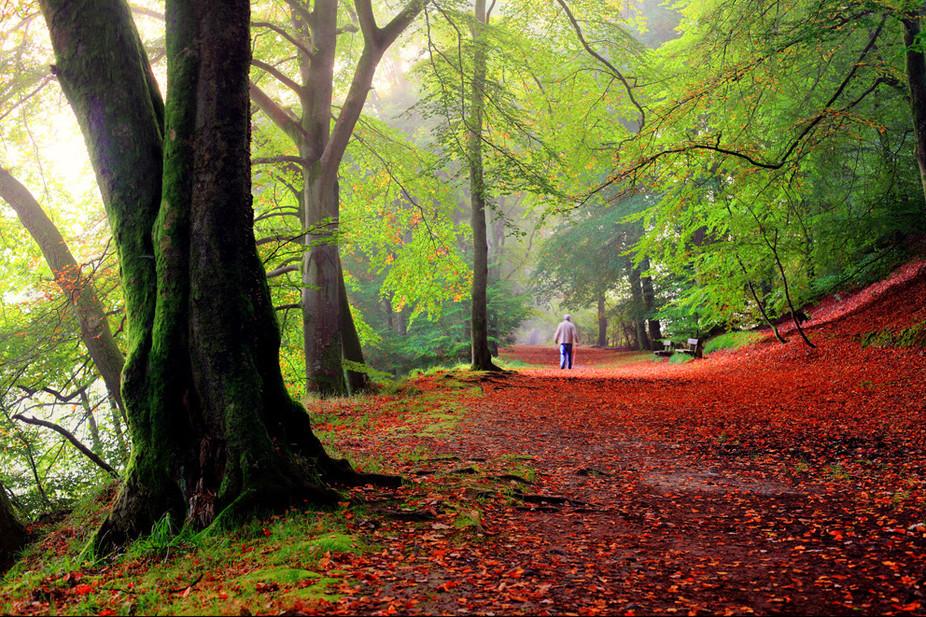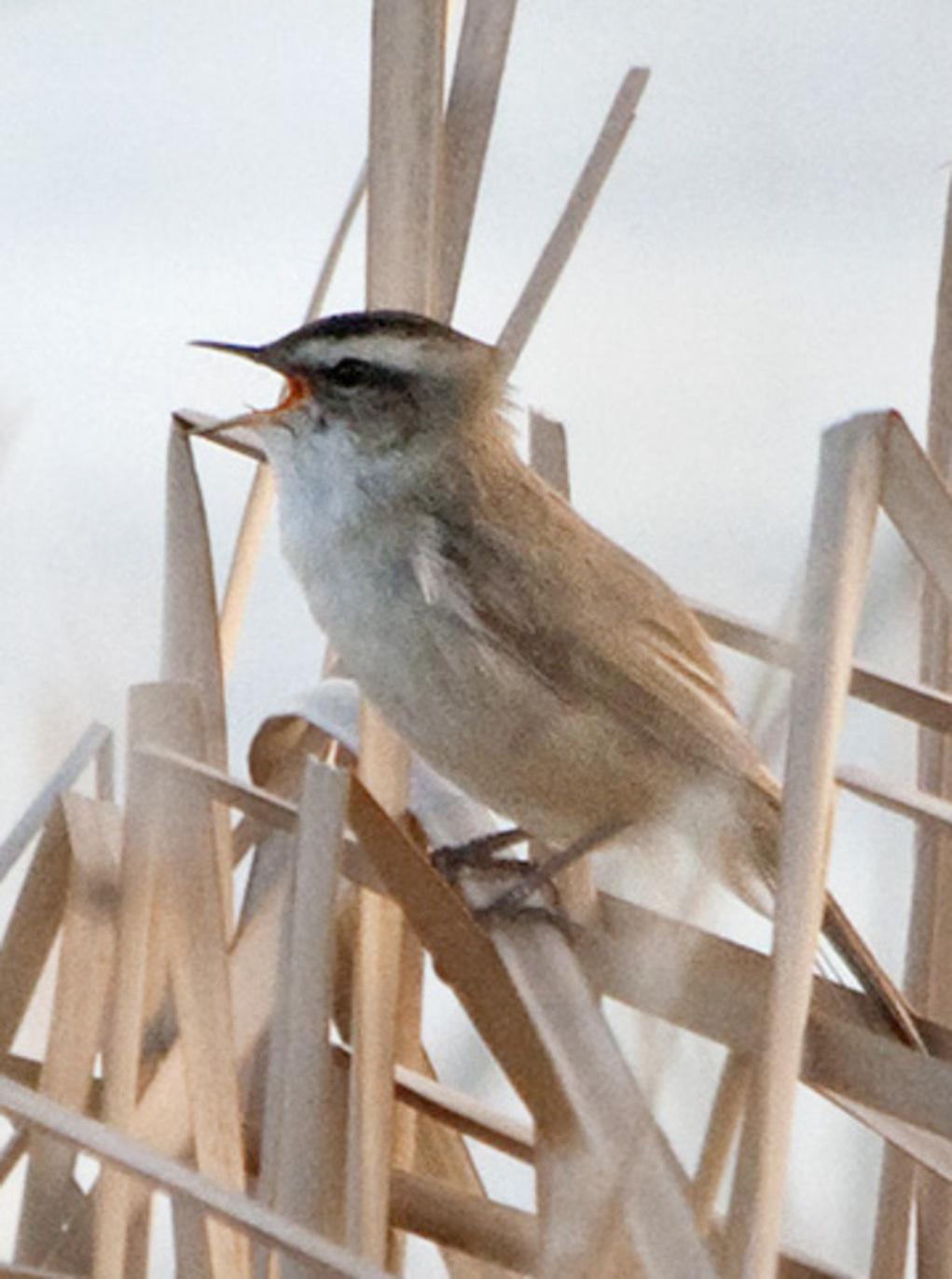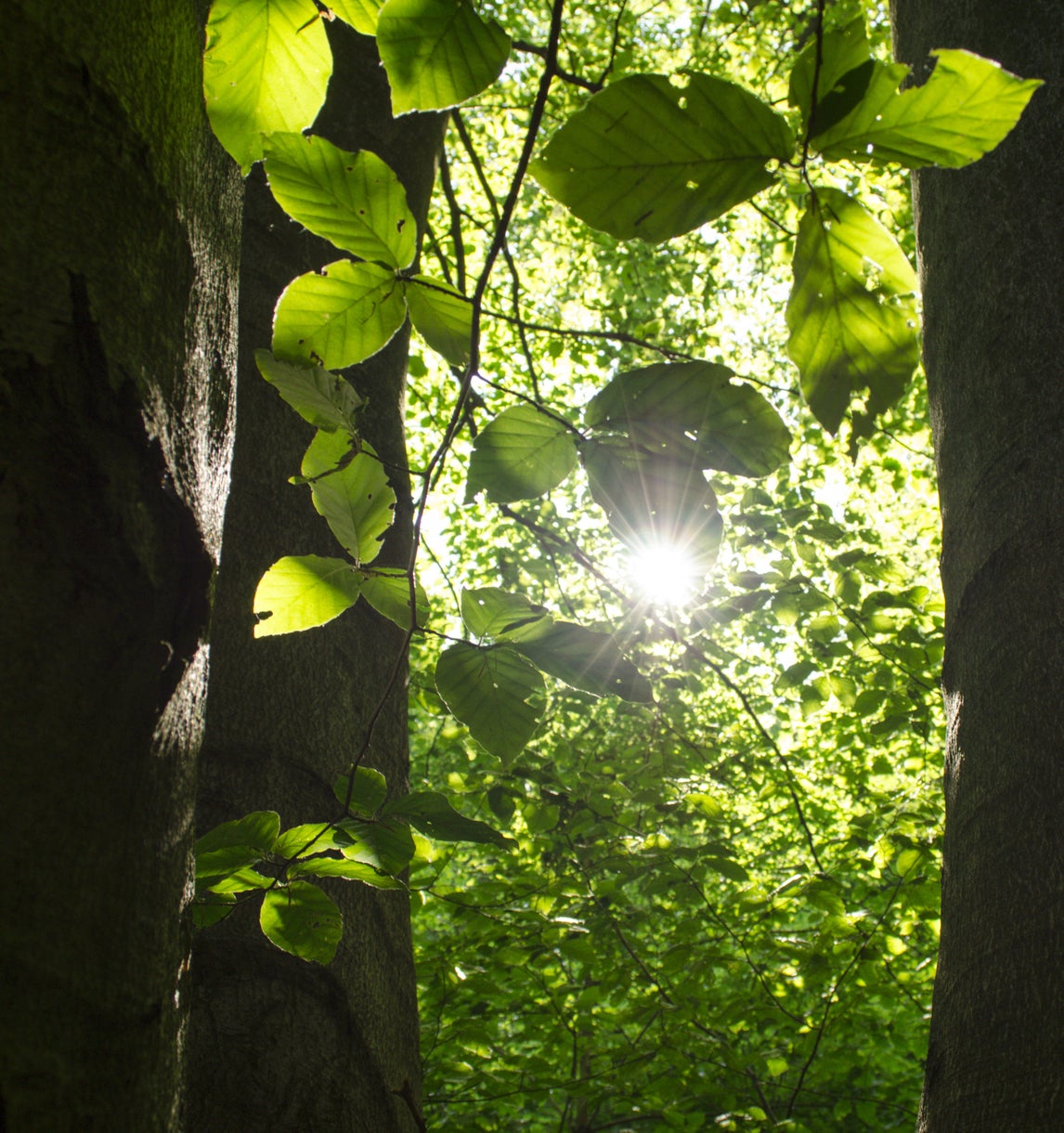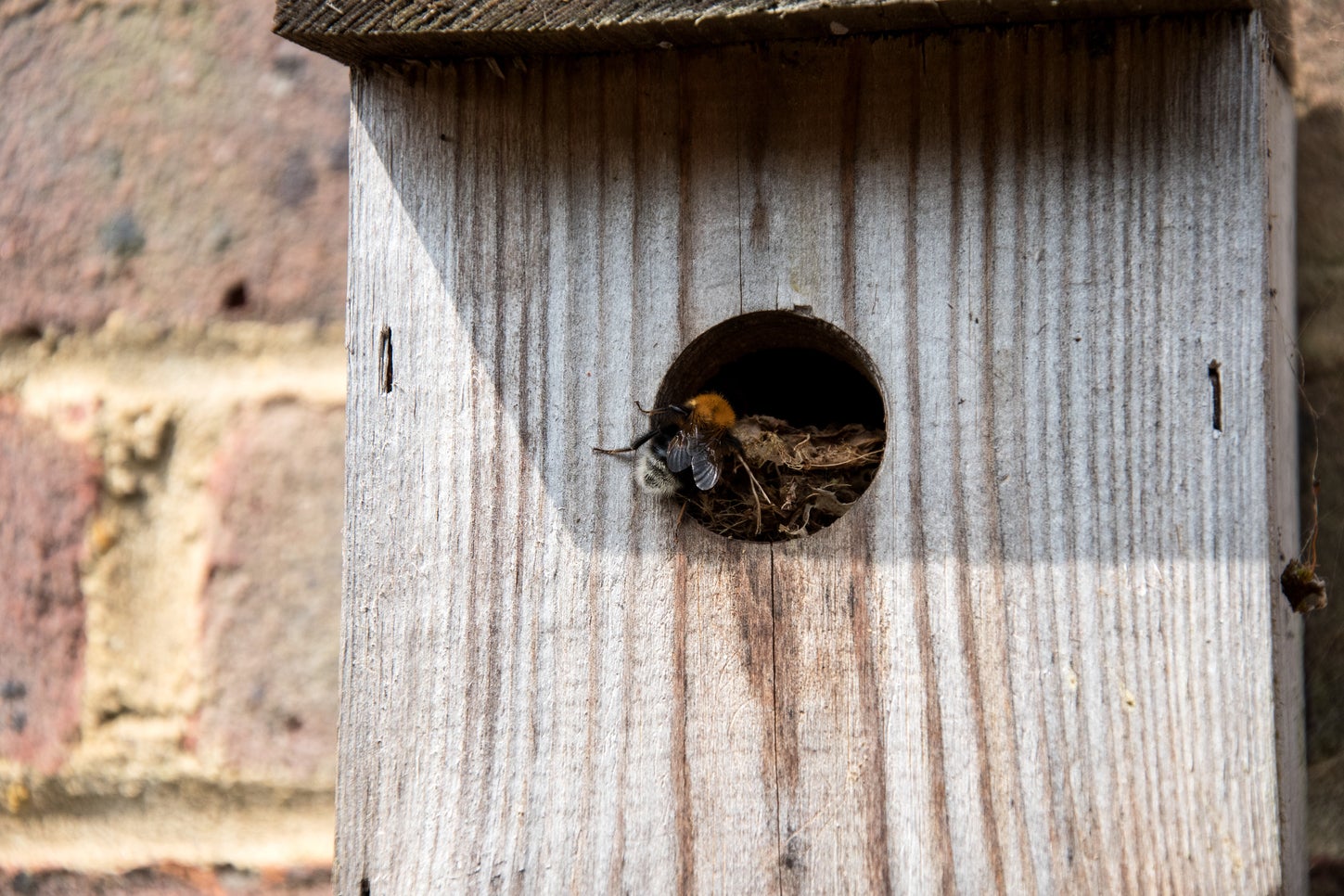Trying to keep nature the same is a fool’s errand – we should embrace change
Beeches are ‘non-native’ to Scotland because they got there less than 7,000 years ago. No, really

Your support helps us to tell the story
From reproductive rights to climate change to Big Tech, The Independent is on the ground when the story is developing. Whether it's investigating the financials of Elon Musk's pro-Trump PAC or producing our latest documentary, 'The A Word', which shines a light on the American women fighting for reproductive rights, we know how important it is to parse out the facts from the messaging.
At such a critical moment in US history, we need reporters on the ground. Your donation allows us to keep sending journalists to speak to both sides of the story.
The Independent is trusted by Americans across the entire political spectrum. And unlike many other quality news outlets, we choose not to lock Americans out of our reporting and analysis with paywalls. We believe quality journalism should be available to everyone, paid for by those who can afford it.
Your support makes all the difference.When it comes to deciding which plants and animals to protect and which to remove, our approach might make even the most forthright nationalist blush if it were ever applied to people. The central question in the UK and many other countries is whether a particular species is native or non-native.

Rarer natives are more likely to have government money spent on their protection. The UK has a long list of them, including the likes of the spiny cockle, the moustached warbler and the sturgeon. Non-natives, on the other hand, may be rightly targeted for extermination if they threaten significant damage and are spreading fast – Japanese knotweed and rhododendrons being well known “invasive” examples.
On the face of it, native is good and non-native is bad. Not only do we make this distinction at UK level, we do it for species in Scotland, England, Wales and Northern Ireland. It may seem simple, but the very definition is less clear cut than it first appears.
Unidentified alien beeches
Take the beech tree. This tree has long been considered non-native to Scotland and, in some cases, has been treated as an invader. It has been the subject of many back and forth arguments about whether it should be encouraged or removed.
Beeches colonised the south of England after the last Ice Age. They began spreading north but failed initially to establish themselves. This was due to competition with other trees and the subsequent rampant deforestation of the UK by our ancestors.
Nowadays, beeches are found throughout the UK, but considered non-native to Scotland for two reasons. The first relates to the arbitrary cut-off point that decides these things in the UK: about 7,000 years ago, the time of the post-Ice Age expansion of human agriculture. (Other countries take a different view of time for native/non-native purposes – the US dates it to 1492, the time of European settlement, for example.)

The second indicator is that beeches are considered to have been introduced to Scotland by people rather than spreading of their own accord. In reality, it has been easier to say this than to prove it. The most recent update to species maps for the UK mapped beeches as native “regardless of status” because it was so hard to figure out which had been introduced by people and which had made it themselves.
I recently co-published a paper that removed this uncertainty. By combining DNA evidence with historic information, we were able to identify the origin of populations of beech in Scotland and in northern England.
It is well known that beech grows and reproduces without problems in the Scottish lowlands. So while humans might have speeded its spread, beeches would have taken root in Scotland anyway. This led us to the conclusion that there is no justifiable reason to maintain its status as non-native, and we should just embrace it as another natural occupant of the Scottish landscape.
Dragonflies and bumblebees
This beech controversy is strongly linked to our tendency to be resistant to change in the natural world. We think in terms of communities of plants, animals, fungi and bacteria that live together in the same place at the same time, and tend to view these as fixed and unchanging – something we can describe, quantify and map.
In truth, such communities change constantly as species move in accordance with changes in their environment – little different to how humans shift in response to things like war or economic hardship. With plants and animals, we pick a point in time 7,000 years ago and say the community that existed at that time is native and the species stops here.
The tree bumblebee is another interesting example. It is believed to have arrived from the continent under its own steam in about 2001 and spread rapidly up the country. Like beech, its spread was made easier by humans – in this case by providing bird boxes and roof spaces that these bees are adept at colonising.

The tree bumblebee is a clear-cut non-native according to our established definitions. Yet its colonisation of the UK is believed to have been a natural event that would have occurred (more slowly) without human intervention.
It is also part of a much bigger trend. A wide variety of species including birds, butterflies and other insects are on the move as our climate warms. Since 1995, some 11 species of dragonflies have returned to or are newly arrived in the UK – one in five of all dragonfly species in the country.
We are likely to see many more of these developments as the climate keeps warming, sometimes with serious negative effects. It all challenges one of the fundamental principles of conservation, that of keeping things the same. How, then, do we overcome our resistance to change without abandoning efforts to stop the spread of invasive species altogether?
Certainly where an area is of particular biological, historical or cultural significance, we might continue to spend money trying to keep it that way. But more broadly, it makes sense to think in terms of harm and benefits.
With beech, we might say that while its expansion across Scotland is undoubtedly a threat to some woodlands, it represents a great opportunity when species like ash and oak are at significant risk from new pests and diseases. As for the tree bumblebee, rather than damaging ecosystems, it performs vital pollination services while other pollinators suffer unprecedented declines.
We should continue to use our limited conservation funds to fight invasive species that cause the most damage, while striving to stop human introductions of new species to ever more areas of the globe. But trying to turn back the clock to an arbitrary time in the past is a fool’s errand. Change is the new norm and will be for the foreseeable future. Perhaps the arguments around native and non-native need to stop forever looking back, and start looking forward, too.
Alistair Jump is a professor of plant ecology at the University of Stirling. This article was originally published on The Conversation (www.theconversation.com)
Join our commenting forum
Join thought-provoking conversations, follow other Independent readers and see their replies
Comments